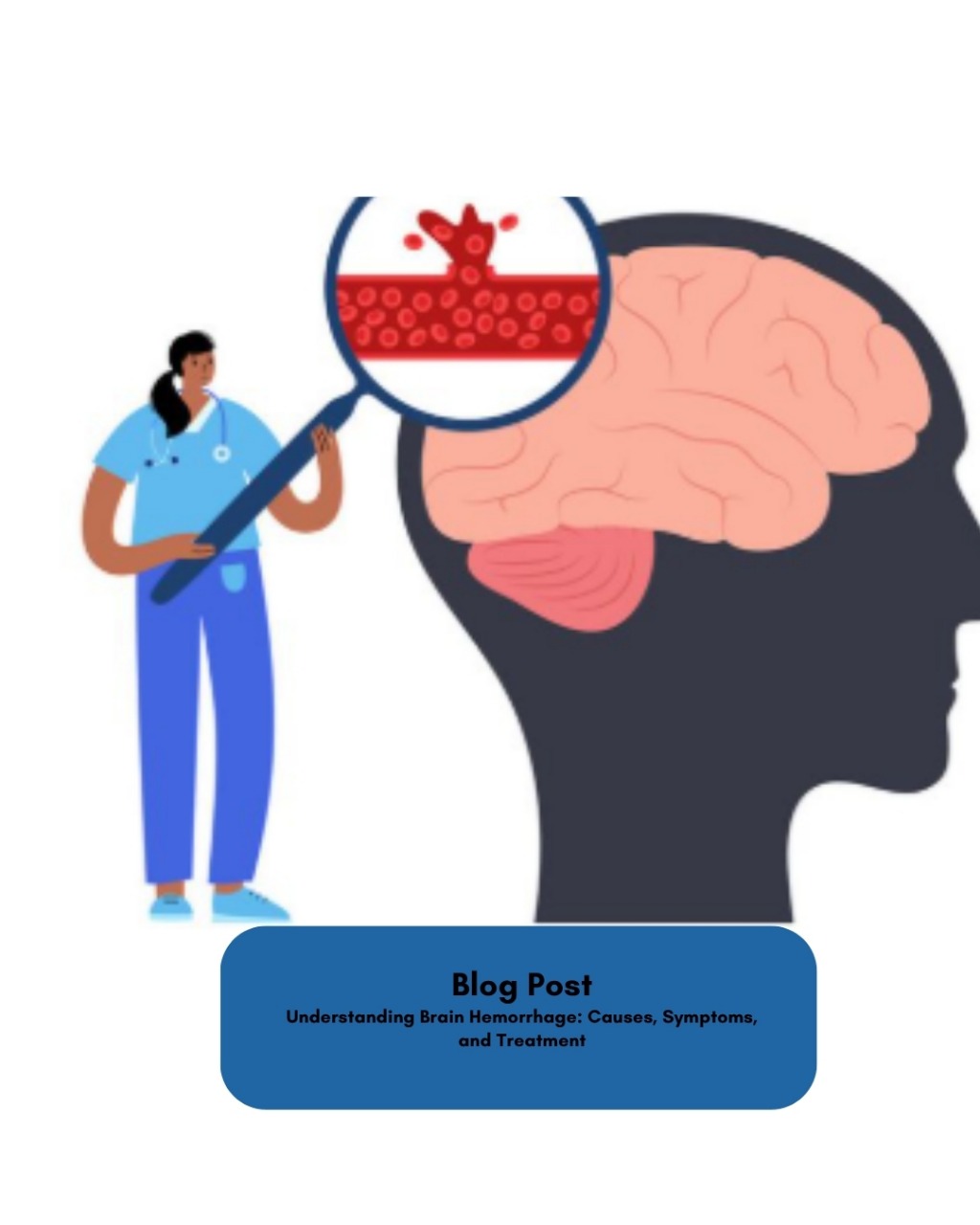Epilepsy: Understanding and Managing Seizures
Epilepsy is a neurological disorder characterized by recurrent seizures. Seizures occur when abnormal electrical activity in the brain disrupts normal brain function. While the exact cause of epilepsy is often unknown, various factors can contribute to its development.
Understanding Seizures
Seizures can manifest in different ways, from brief and subtle changes in consciousness to severe convulsions. The type of seizure depends on the area of the brain affected.
Focal Seizures: Affecting only a specific area of the brain.
Generalized Seizures: Involving the entire brain.
Unknown Seizure Onset: Seizures where the origin cannot be determined.
Causes of Epilepsy
Genetics: A family history of epilepsy can increase the risk.
Brain Injuries: Trauma can damage brain tissue, leading to epilepsy.
Brain Infections: Conditions like meningitis or encephalitis can trigger seizures.
Stroke: Disrupted blood flow to the brain can cause epilepsy.
Tumors: Brain tumors can interfere with normal brain function.
Epilepsy Diagnosis and Treatment
we offer comprehensive epilepsy care. Our approach involves:
Detailed Medical History: Understanding the patient's seizure patterns and medical history.
Electroencephalogram (EEG): Recording brain electrical activity to identify abnormal patterns.
Imaging Studies: MRI or CT scans to rule out underlying causes.
Blood Tests: To exclude metabolic or infectious conditions.
Treatment options for epilepsy vary depending on the type and severity of seizures. They include:
Anti-seizure Medications: To prevent seizures.
Surgery: For patients with drug-resistant epilepsy.
Lifestyle Modifications: Avoiding triggers and ensuring adequate sleep.
Living with Epilepsy
Epilepsy can significantly impact a person's quality of life. However, with proper management and support, individuals with epilepsy can lead fulfilling lives. Our team provides comprehensive care and support to help patients manage their condition effectively.



Comments
Post a Comment